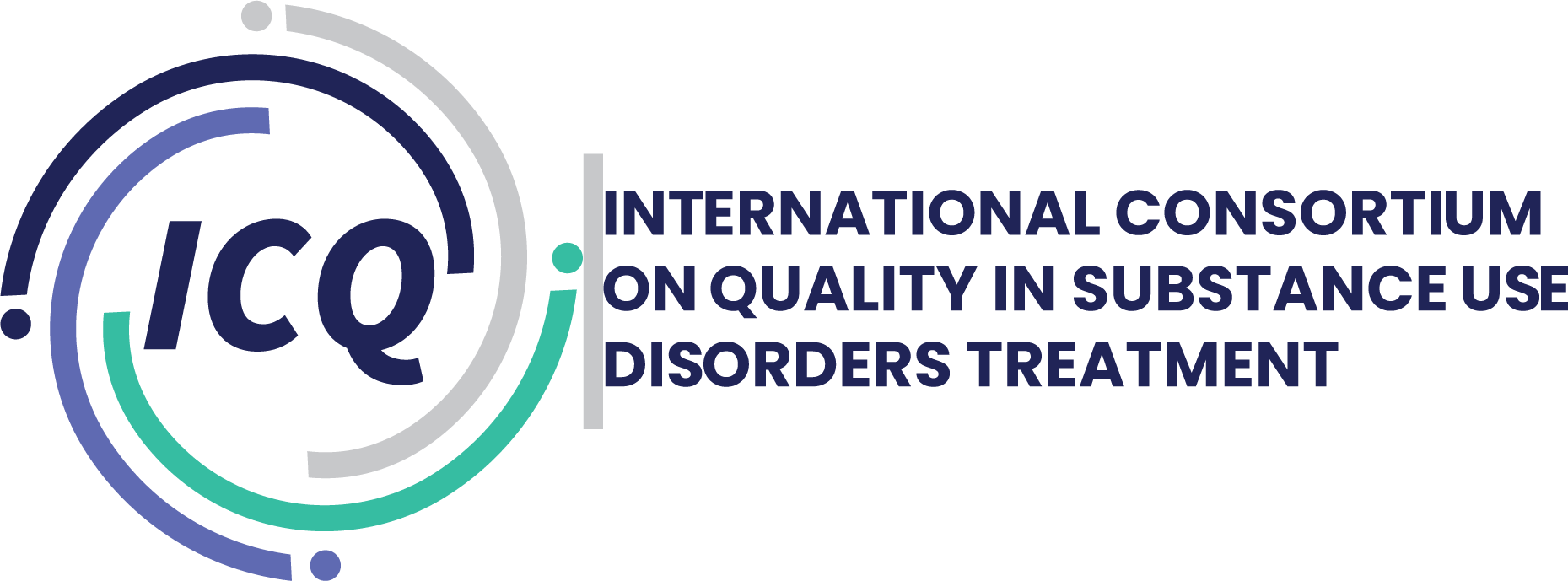Community-based treatment, care, and supervision for people with substance use problems who are involved with the justice system.
Reduce Drug Related Crime
The impact of juvenile drug treatment courts on substance use, mental health, and recidivism: Results from a multisite experimental evaluation.
Abstract Juvenile Drug Treatment Courts (JDTC) emerged in the mid-1990s as a potential solution to concern about substance use among youth in the juvenile justice system (JJS). Despite substantial research, findings on the JDTC...
The effectiveness of juvenile treatment drug courts: A meta-analytic review of literature.
Abstract Reviewed are 31 studies that evaluated recidivism rates from juvenile drug treatment courts relative to a random-assignment or convenience comparison group. Recidivism was defined as re-referral, new charges, or re-arrest. Mean...
Crossroads in juvenile justice: The impact of initial processing decision on youth 5 years after first arrest.
Abstract The current study advances past research by studying the impact of juvenile justice decision making with a geographically and ethnically diverse sample (N = 1,216) of adolescent boys (ages 13-17 years) for the 5 years following...
Closer to home: An analysis of the state and local impact of the Texas juvenile justice reforms.
Closer to Home: An Analysis of the State and Local Impact of the Texas Juvenile Justice Reforms, which draws on an unprecedented dataset of 1.3 million individual case records spanning eight years, shows youth incarcerated in state-run...
Models of prosecutor-led diversion programs in the United States and beyond.
Abstract Diversion programs allow criminal justice actors to send defendants out of the court system, compelling them instead to attend treatment programs, participate in educational opportunities, and/or perform community service. These...
Preventing Youth Arrests through Deflection: Best Practices and Recommendations.
This report, Preventing Youth Arrests through Deflection: Best Practices and Recommendations, is a collection of research-informed best-practices from the Commission for effective deflection programs for youth. As a state advisory group...
Juvenile court and contemporary diversion.
Abstract Research Summary: The juvenile court was established to help children through the use of punishment and rehabilitation and, in so doing, “save” them from a life of crime and disadvantage. Diversion programs and policies emerged in...
Police‐initiated diversion for youth to prevent future delinquent behavior: A systematic review.
Abstract This Campbell systematic review examines the effects police-initiated diversion programs on delinquent behavior, compared to traditional system processing. The review summarizes evidence from nineteen high-quality studies...
Data-Driven Deflection: A Systems Approach to Reducing Juvenile Arrests.
Executive Summary Over the past two decades, the United States has made significant strides in adopting evidence-based approaches to juvenile justice. However, America still has relatively high juvenile arrest rates, which are correlated...
Overview of Juvenile Deflection in the United States: A State-by-State Comparison.
Introduction Over the past few decades, juvenile crime (i.e., “delinquency”), arrests and confinement have begun to decline—a trend that directly correlates with states and localities moving away from overly punitive, “tough on crime”...
